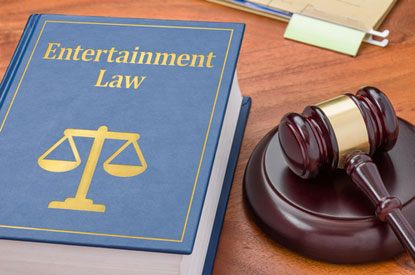Summary: Telling tales of attorneys’ mistakes and informing students of all the things that can go wrong in a law practice are largely ineffective and only add stress to students, a new paper finds.
The Wall Street Journal reports what many law students already know: that fear based instruction isn’t a great idea for teaching law classes. Before their first year of law school, many students have heard horror stories of attorneys’ mishaps and mistakes in practice. One such story includes an attorney who overlooked a spelling check error in his appellate brief—“sua sponte” was “corrected” to “sea sponge.”
Abigail Patthoff, a legal research and writing specialist at Chapman University in California, demonstrates in her latest paper, which will be published in the Utah Law Review, that such “scare tactics” in the classroom only add stress to an already draining educational program. If professors are too careless with these methods, she warns that these students, who are already “among the most dissatisfied, demoralized, and depressed of graduate school populations,” will only suffer more.
Ms. Patthoff states that professors should be more careful when implementing cautionary tales in lecture. “By more thoughtfully using cautionary tales, we can actively manage one source of law student anxiety.”
Ms. Patthoff includes some tips for the most effective use of these stories. She encourages professors to use them sparingly so as to “preserve the effectiveness of the fear appeal technique.” These anecdotes would also be well received by students during “lower-stress times,” such as the beginning of the semester or after a big assignment is due.
Avoiding vivid language, as well as narrowing the message (instead of telling a complicated, involved story) are also effective precautions for professors to take. Most importantly, she advises these professors not to assume that the students will immediately understand what they should not do in their practices—make the takeaway advice specific, such as “consult a style manual when you are unsure where to place an apostrophe.”
Photo credit: lawschoolninjabook.com













































